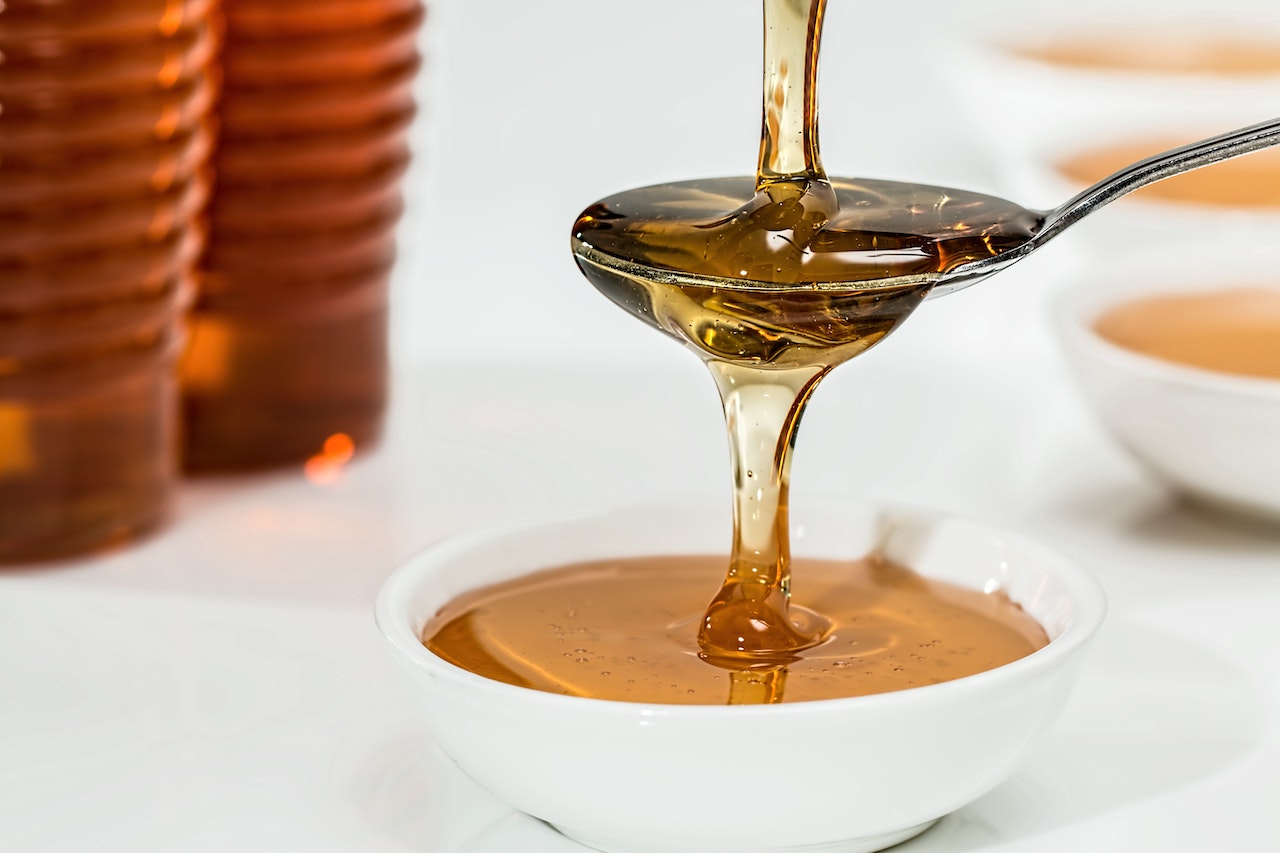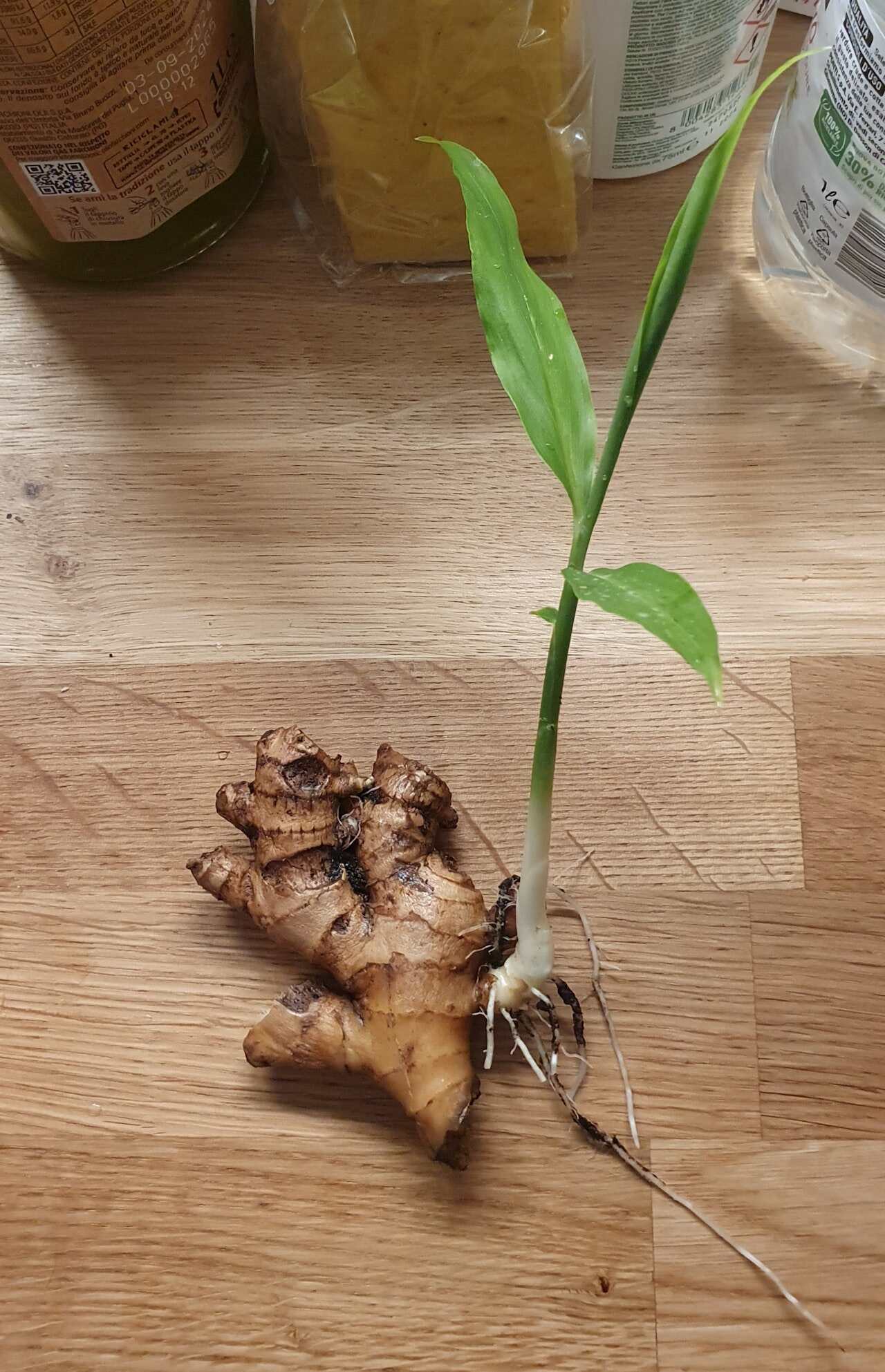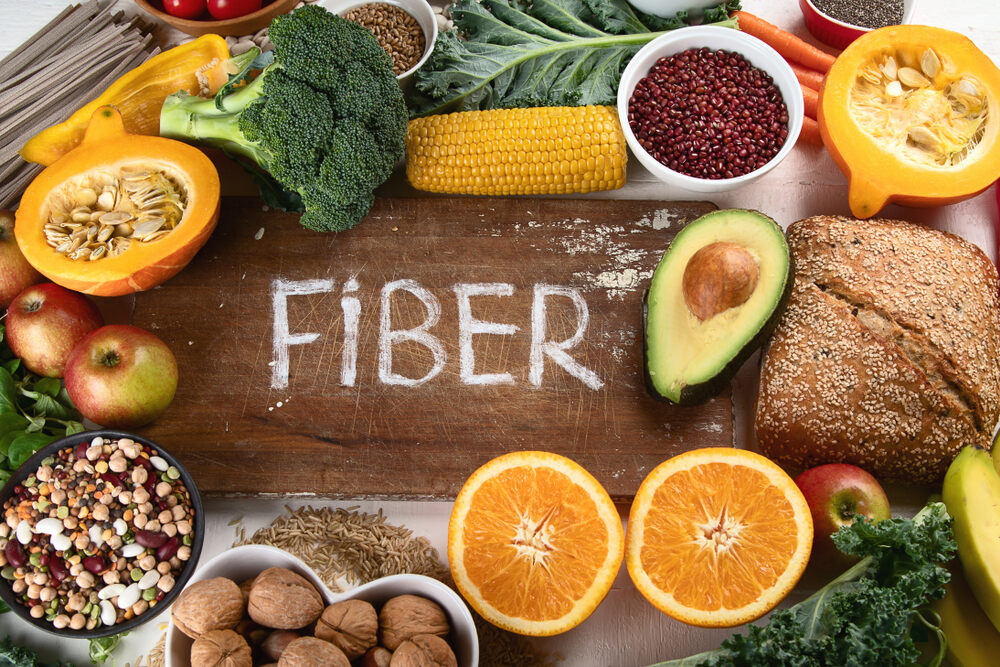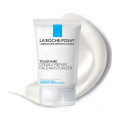Home Remedies for Stomach Ulcers: 10 Ways to Save Yourself From This Illness
A stomach ulcer can wreak havoc on a peaceful life. Explore these home remedies from stomach ulcers and say goodbye to bloated bellies and sleepless nights.

A busy lifestyle and unhealthy eating habits contribute to ulcers in the stomach. Ulcers are painful and can lead to life-threatening situations if left untreated. They also have symptoms that can be confused with just gas in the stomach or food poisoning. While most people do not realize they have an ulcer until too late, you can watch out for the signs. Many home remedies for stomach ulcers can help you. But as the illness is severe, consulting a doctor is mandatory. Read on to learn more about the signs and symptoms of a stomach ulcer and remedies for healing them at home.
Signs And Symptoms of Stomach Ulcers

Stomach ulcers are lesions in the stomach lining that open. They are also known as gastric ulcers. While peptic ulcer home treatment is possible, they can cause many signs and symptoms, some of which include:
1. Abdominal Pain
Pain in the stomach area is the most common symptom of a stomach ulcer. This pain is usually persistent yet dull. You could also feel a burning pain in the upper abdomen, which may worsen on an empty stomach or at night (1).
2. Indigestion
People facing regular indigestion should watch out for ulcers. Recurrent indigestion, followed by a feeling of fullness or bloating, often signals stomach ulcers. You may also feel a constant discomfort in your stomach which may worsen at night (1).
3. Heartburn
People who experience heartburn complain of a burning sensation from their stomach to their mid-chest. It is also known as acid reflux. The acid in your stomach should stay there, but sometimes it moves upward into the gut. It often happens with a burp and could be painful. This backflow causes a burning sensation behind the breastbone (1).
4. Nausea And Vomiting
Stomach ulcers can lead to feelings of nausea. People with ulcers may occasionally vomit, especially if the ulcer is causing obstruction or irritation (1).
5. Loss of Appetite
Some individuals with stomach ulcers may experience a decreased appetite or feel early fullness when eating (1).
6. Unexplained Weight Loss
Due to reduced appetite and potential nutrient malabsorption, stomach ulcers can lead to unintentional weight loss (1).
7. Blood in The Stool
If an ulcer bursts, it could lead to your stool becoming bloody as well. You can check this by assessing the color of your stool. If it is tarry or bloody, you must visit the doctor immediately (2).
8. Fatigue And Weakness
Chronic bleeding from a stomach ulcer can result in anemia, leading to fatigue, weakness, and decreased energy levels.
9. Difficulty Swallowing
In more severe cases, stomach ulcers can cause narrowing or obstruction in the digestive tract, leading to difficulty swallowing, also known as dysphagia (1).
10. Chest Pain
Occasionally, stomach ulcers can cause chest pain, which may be confused with heart-related issues. Chest pain of any kind should never be endured. Seek immediate expert help if any of the above occur.
Causes of Stomach Ulcers

While there are many home remedies for stomach ulcers, it is vital to know the cause first. The stomach lining protects the organ from acid. When this lining gets damaged for any reason, the chances of ulcer formation increase. A stomach ulcer takes time to form and usually lasts a lifetime until treated. Here are ten common reasons why someone could have a stomach ulcer:
1. Bacterial Infection
The stomach can have a bacterial infection as well. Bacterial infection is the most common cause of stomach ulcers. It infects the lining of the stomach, weakening the protective mucus layer. This invasion makes the stomach more susceptible to damage from stomach acid (3).
2. Nonsteroidal Anti-inflammatory Drugs (NSAIDs)
Regular or prolonged use of NSAIDs could erode the stomach lining. A damaged lining increases the risk of developing ulcers (3).
3. Excessive Stomach Acid Production
Certain genetic conditions cause the body to produce excess stomach acid. In these cases, the lining erodes over time, leading to ulcers (3).
4. Smoking
Cigarettes have carcinogenic compounds that harm the mucosa membrane of the entire human body. Inhalation of these compounds can increase the risk of developing stomach ulcers and slow healing (3).
5. Alcohol Consumption
Excessive alcohol consumption can irritate and erode the stomach lining, increasing the risk of ulcers (3).
6. Stress

Stress causes a change in the hormone production of your body. While stress does not directly cause stomach ulcers, it can exacerbate the symptoms and delay healing (3).
7. Age
Stomach ulcers are more common in older adults, as the stomach lining becomes thinner and less resistant to damage with age. With age-related issues, you should try home treatment for ulcers as it is mild and non-invasive (3).
8. Gastrinomas
Tumors of a certain kind can also cause acid reflux. Gastrinomas are tumors that secrete excessive amounts of the hormone gastrin, which stimulates acid production in the stomach and can lead to ulcers (3).
9. Radiation Therapy
In rare cases, radiation therapy used to treat cancer in the abdominal area can cause stomach ulcers as a side effect (3).
10 Home Remedies for Stomach Ulcers to Get Relief from Pain
There are many natural remedies for stomach ulcers, but they may not help cure the problem from its source. But, they can provide relief from some symptoms of stomach ulcers. You should remember that they are not a substitute for medical treatment. Stomach ulcers need proper diagnosis and care by a healthcare professional. However, the following home remedies may help alleviate discomfort and promote healing in conjunction with medical treatment:
1. Probiotics
Probiotics reinstate the good bacteria in your stomach. Consuming foods or supplements rich in probiotics, such as yogurt and fermented foods, can aid digestion and help release less stomach acid (4).
2. Honey

Honey has antibacterial and anti-microbial properties. Taking a tablespoon of honey on an empty stomach or mixing it with warm water may help soothe the stomach lining and promote healing. It is essential for people who have regular bouts of heartburn or gas (5).
3. Aloe Vera
Aloe vera juice is also said to have anti-inflammatory properties. It can provide relief for some individuals as an ulcer home treatment. You should always use aloe vera juice that is grown without chemicals. The plant should also be thoroughly cleaned before extracting the juice (6).
4. Licorice
Chewing on licorice helps ease bloating, and stomach burns. Naturally found and clean licorice can aid digestion as well (7).
5. Chamomile Tea
An ulcer is a type of inflammation in the stomach. Chamomile tea has anti-inflammatory properties that may help reduce stomach inflammation and discomfort. Sip on chamomile tea before bed to get quality sleep (8).
6. Ginger

Ginger has been traditionally used to get relief from digestive discomfort. Consuming ginger tea or adding fresh ginger to meals may help soothe the stomach (8).
7. Slippery Elm
The slippery elm leaves are known to aid digestion and reduce acid formation. It also helps to coat and protect the stomach lining (9).
8. Marshmallow Root
Marshmallow root has a soothing effect on the digestive system. It also adds moisture to the lining of the stomach, making it less prone to corrosion from the acid (9).
9. Stress Management
Stress is a primary cause of various health issues today. Reducing stress levels through techniques like meditation, deep breathing exercises, and engaging in activities that promote relaxation can help manage symptoms associated with stomach ulcers (3).
Remember, these home remedies for ulcers should be used with medical treatment, not as a substitute. You must always consult a doctor before taking any oral home remedy, as it may hamper the effects of medicines.
Medical Treatment for Stomach Ulcers
The medical treatment for stomach ulcers typically involves a combination of medications and lifestyle changes. Most patients visit a doctor with symptoms they cannot control without knowing the cause for them. You need to eradicate any underlying causes, such as a bacterial infection. The specific treatment plan may vary depending on the individual case, the severity of the ulcers, and underlying factors. Here are some common medical treatments for stomach ulcers:
1. H2 Receptor Blockers
The H2 receptors in the stomach work to produce digestive acid when food reaches it. Blockers put a stop to the reception signal of these H2 receptors. It results in no formation of stomach acid (3).
2. Antacids
Over-the-counter antacids can provide temporary relief by neutralizing stomach acid. However, they do not promote the healing of the ulcers or address the underlying causes (3).
3. Antibiotics
If a bacterial infection is present, you may need a combination of antibiotics. The task is to eradicate the bacteria from its roots, or the infection may resurface after a while (3).
4. Cytoprotective Agents
These medications help protect the stomach lining and promote healing. Sucralfate is an example of a cytoprotective agent commonly used for stomach ulcers (3).
5. Lifestyle Modifications
Making specific lifestyle changes can reduce the risk of ulcers recurring. These may include avoiding irritants like NSAIDs and alcohol. You may need to quit smoking and start managing stress levels. Many people also see a positive result in their ulcers by adopting a healthy diet. It is the best way to treat ulcers at home, but needs willpower and dedication (3).
Diet for Ulcers
A well-balanced, healthy diet can play a significant role in managing and treating stomach ulcers and promoting healing. People may have specific dietary recommendations depending on their tolerances. Here are some general guidelines for diet inclusion that can help alleviate symptoms and support the healing process:
1. Avoid Irritants
Certain foods and beverages can irritate the stomach lining and make the situation worse if you already have an ulcer. Avoid spicy foods, acidic foods (such as citrus fruits and tomatoes), and even soda-based drinks for a while.
2. Go for a Balanced Diet
Your diet should have a mix of nutrients that provides a balanced meal. You should include fresh fruits and leafy vegetables in every meal. Use whole grains, lean proteins (such as poultry, fish, and legumes), and low-fat dairy products to keep your stomach lining safe. A balanced diet can be a home remedy for stomach ulcers.
3. Include High-fiber Foods

Fiber helps the stomach lining retain water and keeps the gut lubricated. Foods high in fiber can help regulate digestion and prevent constipation, which can contribute to discomfort. Incorporate whole grains, fruits, vegetables, and legumes into your meals.
4. Choose Lean Protein Sources
A natural treatment for stomach ulcers is avoiding red meat, as it takes more digestive juice to burn. While incorporating protein is essential in the diet, you should go for the leaner option. Try fat-free fish or chicken. Trying plant-based protein is also a good option.
5. Consume Probiotic-rich Foods
Probiotics can replenish healthy gut bacteria that support digestive health. Such foods include yogurt, non-spicy pickles, and fermented food.
6. Eat Smaller, More Frequent Meals
Consuming smaller meals throughout the day rather than large meals can help ease digestion and minimize the strain on the stomach (10).
7. Chew Food Slowly
The saliva in the mouth also aids digestion. When you take time to chew your food thoroughly, it reduces the workload on the stomach (10).
8. Stay Hydrated

Water dilutes the strength of the stomach acid and prevents corrosion of the stomach lining. You should maintain hydration as it supports overall digestive health. Water is one of the easiest home remedies for stomach ulcers which most people overlook.
Prevention Tips for Stomach Ulcers
Helping your stomach in staying safe is a mindset. You cannot eat everything under the sun and expect it to stay active. A lifestyle change is the first thing to incorporate to avoid ulcers. While ulcer treatment at home is not impossible, it is best to avoid them completely with these prevention tips:
1. Practice Good Hygiene And Sanitation
Many bacteria lurk in contaminated food and drinks. Wash your utensils and hands regularly when eating food. You should also be mindful when eating food on the streets.
2. Avoid Anti-inflammatory Drugs
Most people pop painkillers for the smallest things. Regular or prolonged use of NSAIDs erodes the stomach lining. It also increases the risk of stomach ulcers. If possible, limit the use of these medications or choose alternative pain relief options under the guidance of a healthcare professional.
3. Manage Stress Levels

Regular meditation and me-time are essential in managing stress. If you don't break the cycle of stress, the issue may soon develop into ulcers. Adopt stress-management techniques such as exercise or speaking to a therapist to break the stress cycle.
4. Moderate Alcohol Consumption
If you drink alcohol, do so in moderation. Excess alcohol dries out the mucus membrane, inviting infections into the body.
5. Do Not Smoke
If you want to prevent ulcers, do not go on the path of smoking cigarettes. They are one of the significant reasons for ulcers (11).
Conclusion
An ulcer can be dangerous, especially for someone who has just had surgery. The stomach lining is an important part of the body and aids digestion. Home remedies for stomach ulcers help maintain and replenish the lining when needed. While there is a long list of home-based remedies, you should also consider taking a doctor's opinion if you have an ulcer. Timely recommendations can save your life. In the long run, you must make conscious lifestyle changes and give your stomach rest by fasting. However, diet only under guidance and eat a balanced meal.
ALSO READ: Home Remedies for Tonsillitis: 12 Easy Ways to Soothe Your Throat





 JOIN OUR WHATSAPP CHANNEL
JOIN OUR WHATSAPP CHANNEL


































































































